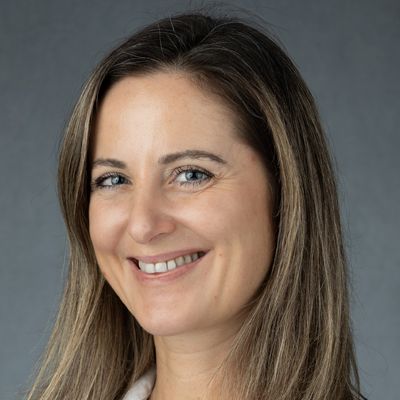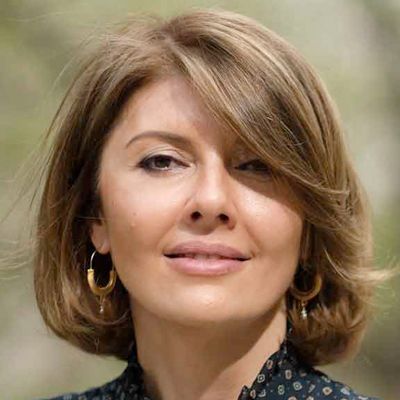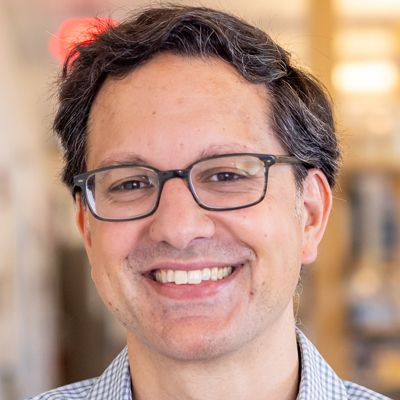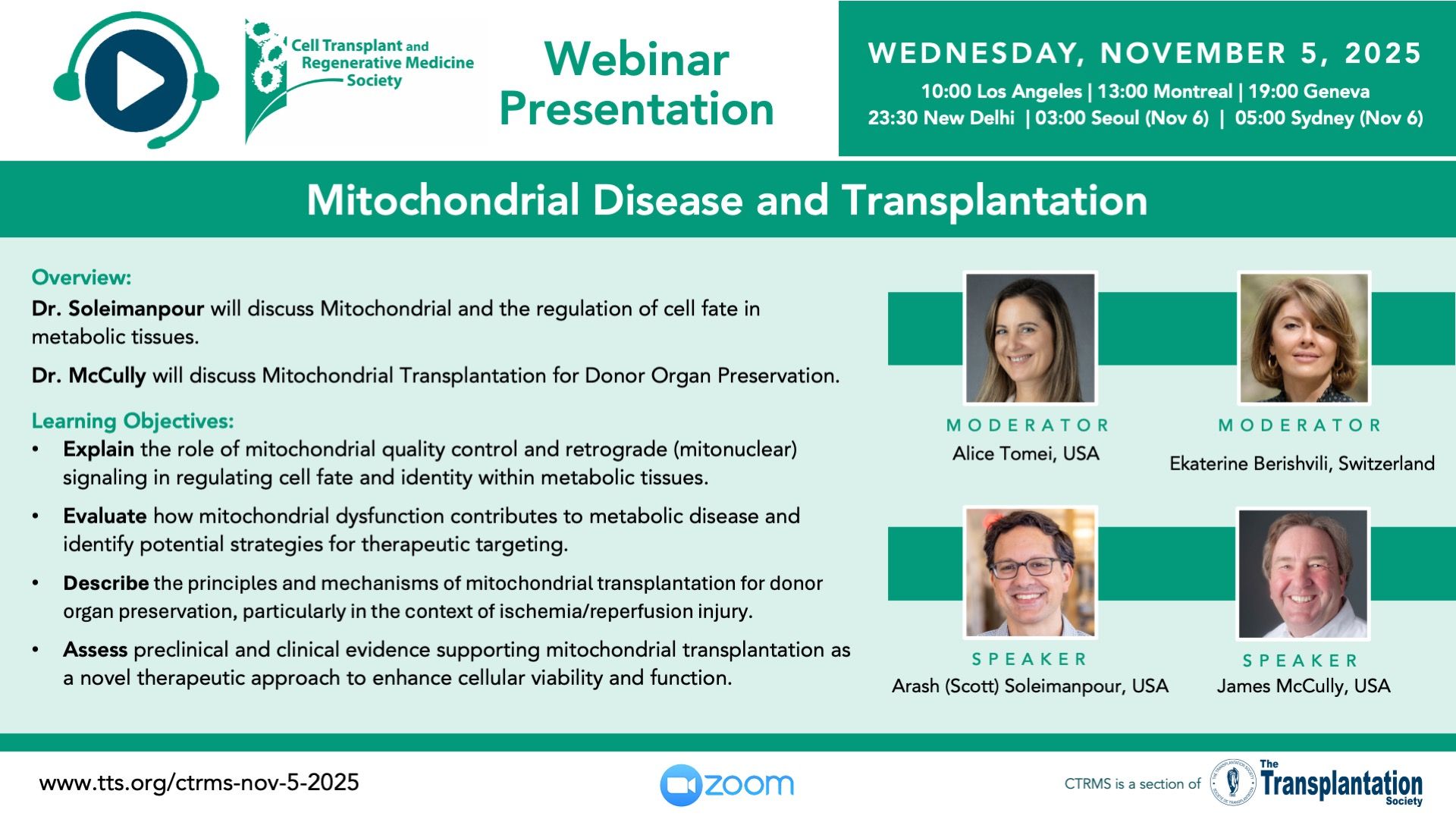
Mitochondrial Disease and Transplantation
Local time (Corresponding local time at your current location)
Overview
Dr. Soleimanpour will discuss Mitochondrial and the regulation of cell fate in metabolic tissues.
Metabolic tissues are extraordinarily sensitive to mitochondrial damage, however the consequences of mitochondrial damage are frequently unclear. We will discuss the role that mitochondrial quality control plays in engaging a retrograde (mitonuclear) signaling program to regulate cellular identity and maturity broadly across metabolic tissues. Implications of targeting mitochondrial programming to improve metabolic disease will also be discussed.
Dr. McCully will discuss Mitochondrial Transplantation for Donor Organ Preservation.
To ameliorate the effects of myocardial ischemia/reperfusion injury (IRI) we have utilized a novel therapeutic approach, mitochondrial transplantation, in which myocardial mitochondria damaged by ischemia/reperfusion injury are replaced or augmented with viable, respiration competent mitochondria obtained from the patient’s own body. The efficacy of mitochondrial transplantation has been demonstrated in in vitro, in vivo and clinical studies to rescue cells and significantly enhance functional recovery. In a series of studies, we have demonstrated that mitochondrial transplantation enhances cardiac viability and function through direct transcriptomic, proteomic and metabolic pathway modulation allowing for adaptive cellular response to ischemia and reperfusion. The importance of these mechanisms and their implications for current and potential clinical applications will be discussed.
Learning Objectives
- Explain the role of mitochondrial quality control and retrograde (mitonuclear) signaling in regulating cell fate and identity within metabolic tissues.
- Evaluate how mitochondrial dysfunction contributes to metabolic disease and identify potential strategies for therapeutic targeting.
- Describe the principles and mechanisms of mitochondrial transplantation for donor organ preservation, particularly in the context of ischemia/reperfusion injury.
- Assess preclinical and clinical evidence supporting mitochondrial transplantation as a novel therapeutic approach to enhance cellular viability and function.

Moderator
Bio
Miami Engineering Career Development Associate Professor
Department of Biomedical Engineering
University of Miami, USA
Dr. Tomei is the Miami Engineering Career Development Associate Professor in Biomedical Engineering at the University of Miami. She obtained her M.S. in Materials Engineering from the Politecnico of Milan (Italy) in 2004, and her Ph.D. in Bioengineering and Biotechnology from the Ecole Polytechnique Fédérale de Lausanne (EPFL, Switzerland) in 2008. Dr. Tomei currently directs the Islet Immunoengineering Lab at the Diabetes Research Institute (DRI) where she is applying her unique background in bioengineering and immunology to develop novel immunoengineering platforms to prevent rejection after islet transplantation and to promote antigen-specific tolerance for a cure of type-1 diabetes.

Moderator
Bio
Head of the Laboratory of Tissue Engineering and Organ Regeneration
University of Geneva
Technical Director of the Cell Isolation and Transplantation Center
University of Geneva Hospitals, Switzerland
Dr. Ekaterine Berishvili is the Technical Director at the Cell Isolation and Transplantation Center, Department of Surgery, University of Geneva Hospitals. She also leads the Laboratory of Tissue Engineering and Organ Regeneration at the University of Geneva. Her expertise is focused on cell-based therapies for type 1 diabetes, immune tolerance induction, and the bioengineering of the endocrine pancreas. She holds positions on the board of the ESOT and CTRMS. Dr. Berishvili is an active member of several scientific committees, including Breakthrough T1D beta cell replacement consortium, and serves on the editorial board of Transplant International as an associate editor. At the national level, Dr. Berishvili is a member of the Swiss Transplant Cohort Study’s scientific committee. She represents Geneva in the Swisstransplant working group specializing in pancreas, islet, and small bowel transplantation.

Speaker
Bio
Larry D. Soderquist Professor of Diabetes Research
Director of the Michigan Diabetes Research Center
Professor in the Departments of Internal Medicine and Molecular and Integrative Physiology
University of Michigan, Ann Arbor, MI, USA
Scott Soleimanpour, M.D. is the Larry D. Soderquist Professor of Diabetes Research, Director of the Michigan Diabetes Research Center, and Professor in the Departments of Internal Medicine and Molecular and Integrative Physiology at the University of Michigan. Dr. Soleimanpour attended Kent State University and the Northeast Ohio Medical University as part of a 6-year combined B.S./M.D. program. During his pre-doctoral and post-doctoral research training, Dr. Soleimanpour completed research fellowships in the Vanderbilt University/NIDDK Medical Scholars program, the Howard Hughes Medical Institute-National Institutes of Health (HHMI-NIH) Research Scholars program, and the William Osler Society of Fellows at the University of Pennsylvania before joining the faculty at Penn and then moving to the University of Michigan in 2014. The Soleimanpour Lab has pioneered the study of mitochondrial quality control in beta cells in diabetes pathophysiology, and his lab focuses on how defects in mitochondrial quality control elicit metabolic dysfunction in T1D, T2D, and mitochondrial diabetes. Dr. Soleimanpour has received awards and honors from the American Diabetes Association, Juvenile Diabetes Research Foundation, the American Society of Clinical Investigation, the Central Society for Clinical and Translational Research, the Alpha Omega Alpha Medical Honors Society, and The Endocrine Society.

Speaker
Bio
Associate Professor of Surgery, Department of Cardiac Surgery
Boston Children’s Hospital and Harvard Medical School
Boston, MA, USA
Dr. McCully is Associate Professor of Surgery in the Department of Cardiac Surgery at Boston Children’s Hospital and Harvard Medical School. Dr. McCully’s research has led to the development of the novel therapeutic intervention, mitochondrial transplantation, that delivers cell-free, functionally intact mitochondria directly to the target tissue to significantly rescue organ function. The safety and efficacy of mitochondrial transplantation has been demonstrated in in vitro and in vivo large animal studies and in pediatric patients unable to recover from cardiogenic shock after ischemia-reperfusion injury. Recent studies in DBD and DCD hearts and lungs have shown that mitochondrial transplantation provides a novel methodology to rescue organs.
Use the image below to promote this event (right-click to download)

Contact
Address
The Transplantation Society
International Headquarters
740 Notre-Dame Ouest
Suite 1245
Montréal, QC, H3C 3X6
Canada
Используйте Вавада казино для игры с бонусом — активируйте промокод и начните выигрывать уже сегодня!
